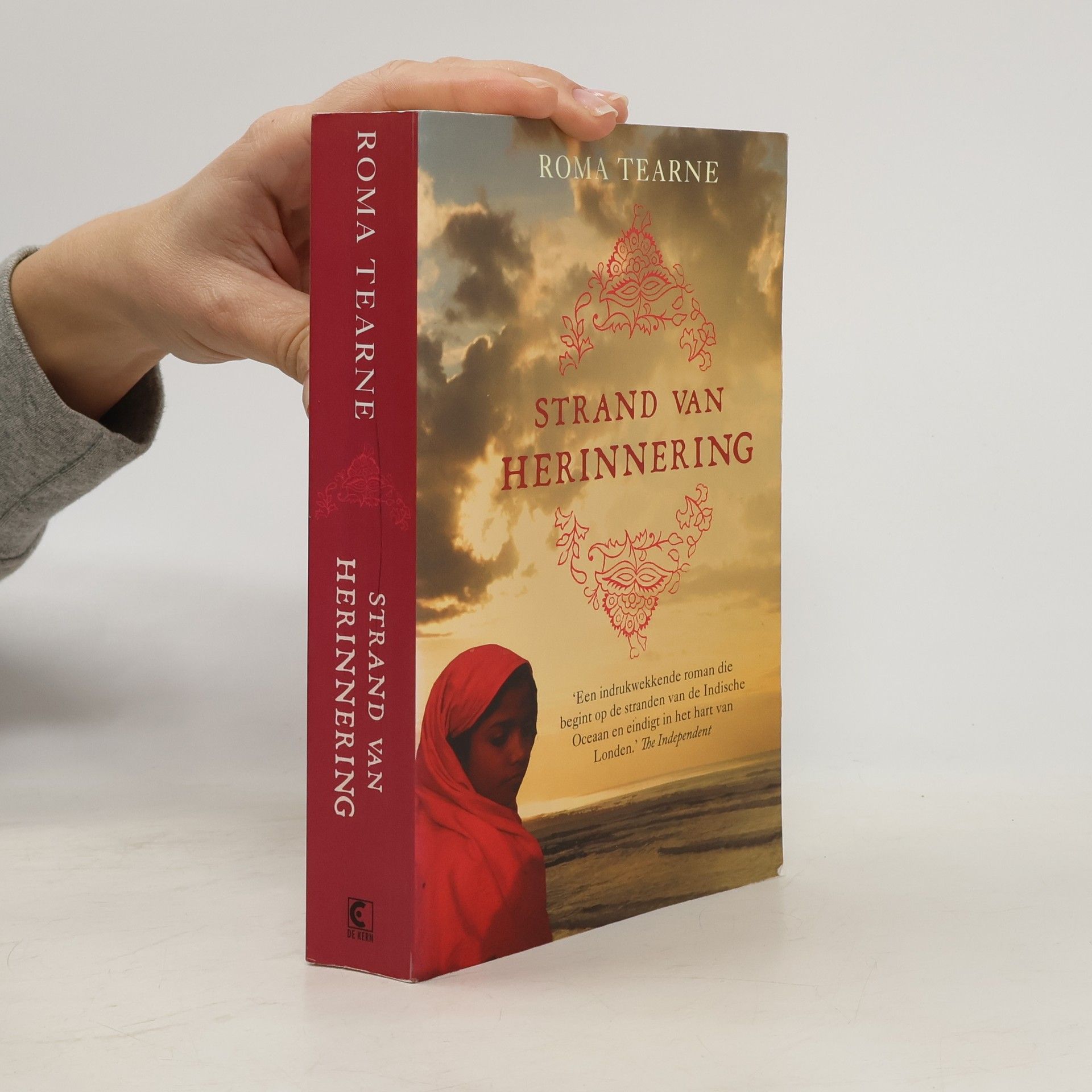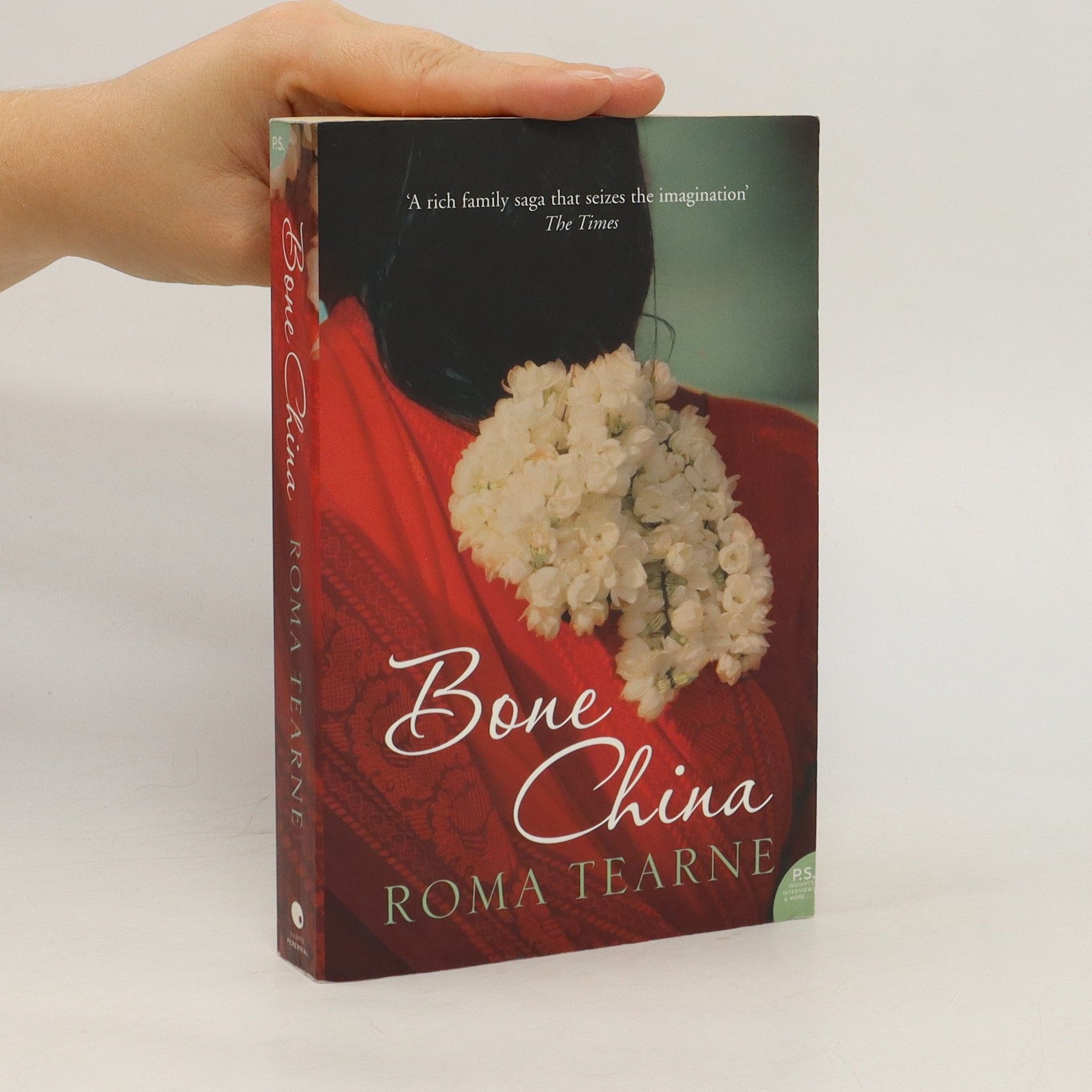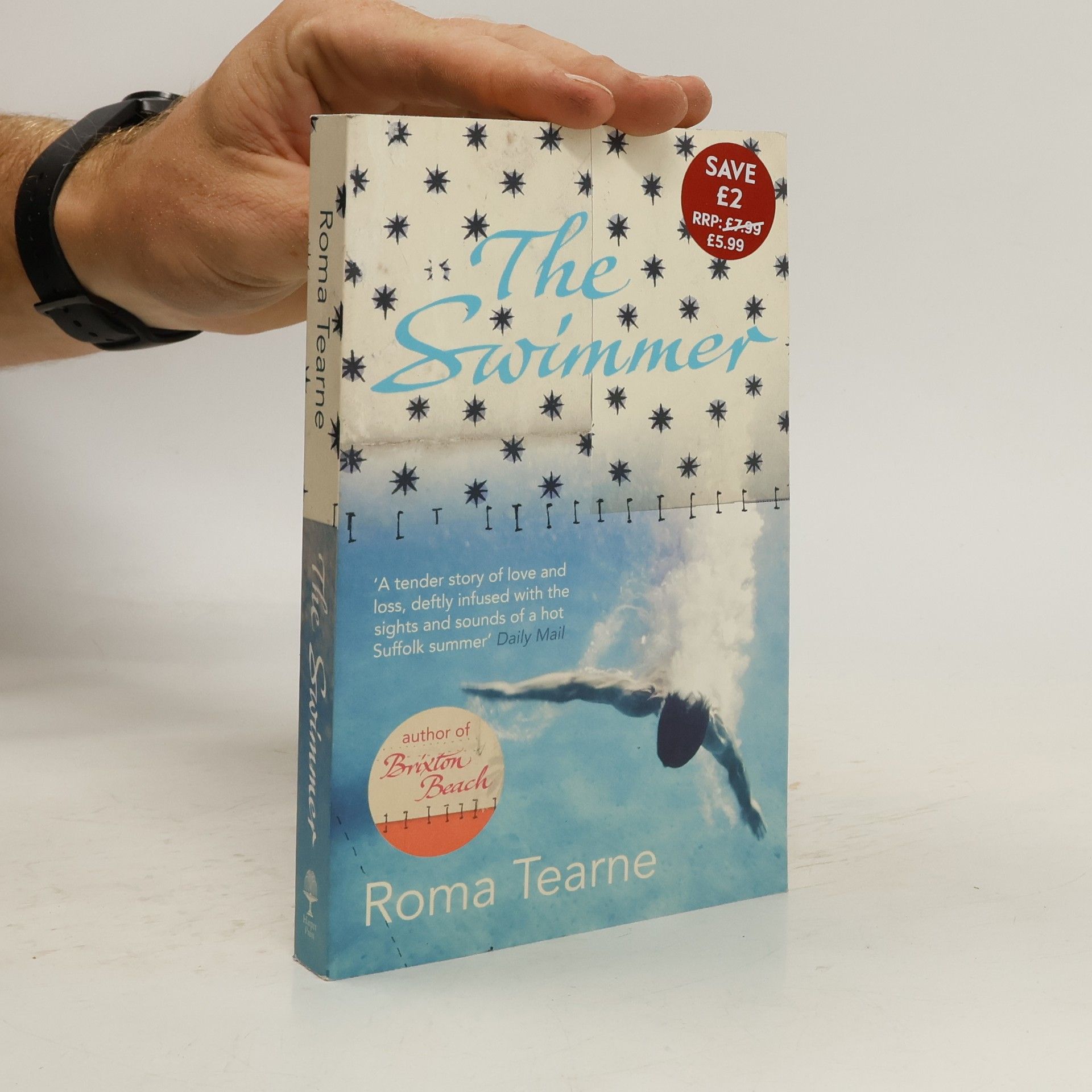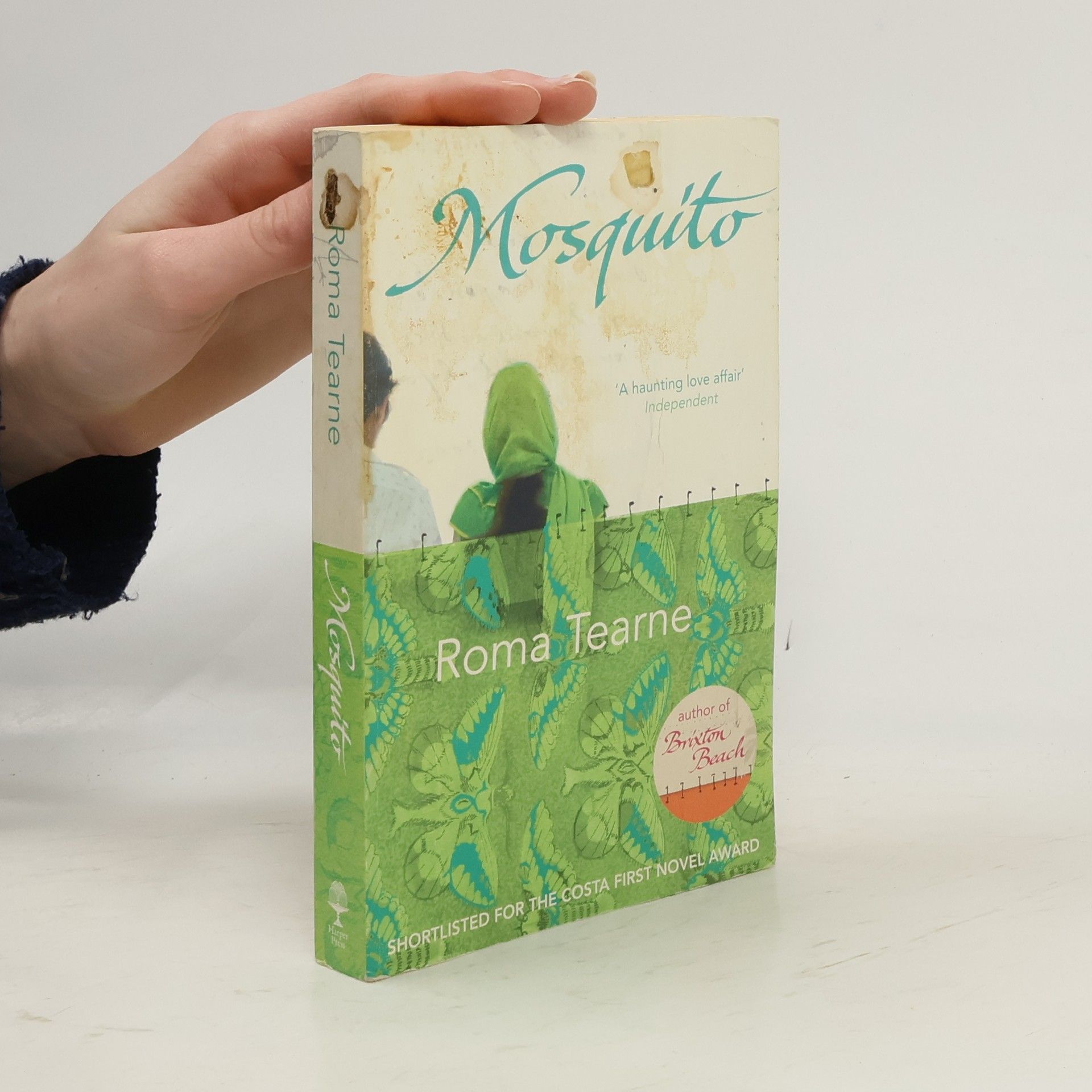Mosquito
- 256 Seiten
- 9 Lesestunden
A lyrical and profoundly moving story of love, loss and civil war, set in Sri Lanka, London and Venice.
Roma Tearne, eine in Sri Lanka geborene Künstlerin und Schriftstellerin mit Sitz in Großbritannien, beschäftigt sich in ihrer Arbeit intensiv mit Themen wie Erinnerung, Verlust und Migration. Ihre künstlerische Laufbahn begann in der Malerei und Installation, doch durch ihre Auseinandersetzung mit Museen und Filmprojekten hat sie ihre Erforschung der Beziehung zwischen Erzählung und Erinnerung weiterentwickelt. Ihr Schreiben, das aus ihrer künstlerischen Forschung hervorgegangen ist, konzentriert sich auf die eindringlichen Fragen von Identität und Zugehörigkeit in einer von historischen Spuren geprägten Welt. Tearne bietet eine einzigartige Perspektive, die bildende Kunst mit literarischem Ausdruck verbindet, um die Komplexität menschlicher Erfahrung aufzudecken.






A lyrical and profoundly moving story of love, loss and civil war, set in Sri Lanka, London and Venice.
A gripping, captivating novel about love, loss and what home really means.
This is an epic novel of love, loss and a family uprooted, set in the contrasting landscapes of war-torn Sri Lanka and immigrant London.
Exploring themes of displacement and memory, the narrative centers on a collection of photographs and artefacts from an anonymous donor, representing the lost possessions of individuals uprooted by circumstances like war or migration. The protagonist, drawing from Tearne's own experiences of leaving Sri Lanka during civil unrest, finds solace in creating a museum to house these items. This collection symbolizes the universal search for belonging and the emotional weight of lost memories, offering a sense of rest for those who have left their pasts behind.
Een vooraanstaande Sri Lankaanse familie krijgt het in de tweede helft van de 20e eeuw zwaar te verduren tijdens de burgeroorlog en bouwt een nieuw leven op in Engeland.
Op een klein eiland in de Indische Oceaan leert een negenjarig meisje, Alice Fonseka, fietsen op het strand. Ze leidt een idyllisch leven maar Sri Lanka staat aan de vooravond van een burgeroorlog en Alice' level staat op het punt voorgoed te veranderen. Ze zal het eiland en haar geliefde op Bee verlaten om met haar moeder per boot naar Engeland te vertrekken. Samen met haar opa zoekt Alice schelpen en stukjes hout om mee te nemen als aandenken aan het eiland, haar thuis. Het leven in Londen valt zwaar, beiden kunnen moeilijk aarden. Alice trekt zich terug in haar eigen wereld van herinneringen aan het eiland, ze maakt kunstwerkjes van meegenomen souvenirs. Jaren later is Alice een gevierd kunsternares, zoals haar opa voorspeld had. Maar dan wordt Londen opgeschrikt door een reeks terroristische bomaanslagen. Zal het lot waarvoor Alice dertig jaar eerder Sri Lanka ontvluchtte, haar vinden in Londen?